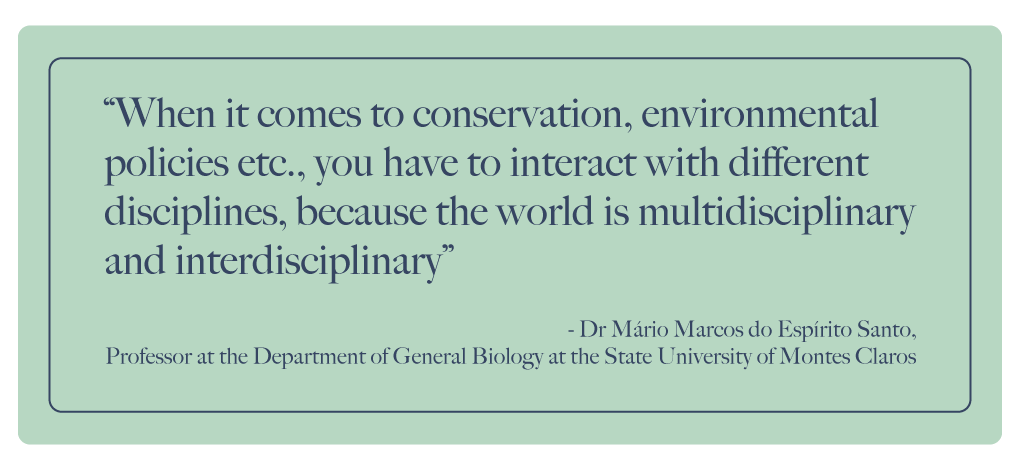


To understand the changing landscapes of insecurity and environmental adaptation we propose to work from the ground up. We will aim to understand not what government and communities are lacking (i.e. functional policing, judicial accountability, security. etc), but how these communities have managed to survive -and even thrive- in various of the most challenging scenarios around the world. This means that instead of working with well-known categories such as lack of rule of law, peace or development indexes, we will shift the gaze away from the State centric narratives, that urges states to fulfil environmental targets and respect human rights, to attend to the ways in communities across the globe have adapted to violent conflict and environmental uncertainty.
Our research will combine an in-depth case study approach, and participatory grass-root modelling of the environmental and social cost of conflict. Our main aim is to find points of contact, convergence and divergence between the detailed and highly contextual ethnographic observations, and larger neural and ecological approaches able to capture complexity through sophisticated modelling exercises. Ethnography feeding into participatory workshops is a tried & tested methods approach used by various partners in the network.


To have social and natural scientist working together to produce a conceptual framework that will analyse and model (i)the feedback loops between the governance of conflict and the environment; (ii) general principle to inform citizen-led initiatives to mitigate the environmental and human security costs of complex conflicts; (iii) coping strategies to make sensitive information public amidst insecurity; (iv) include in our analysis the the historical dimensions and environmental consequences of conflict for contemporary societies.